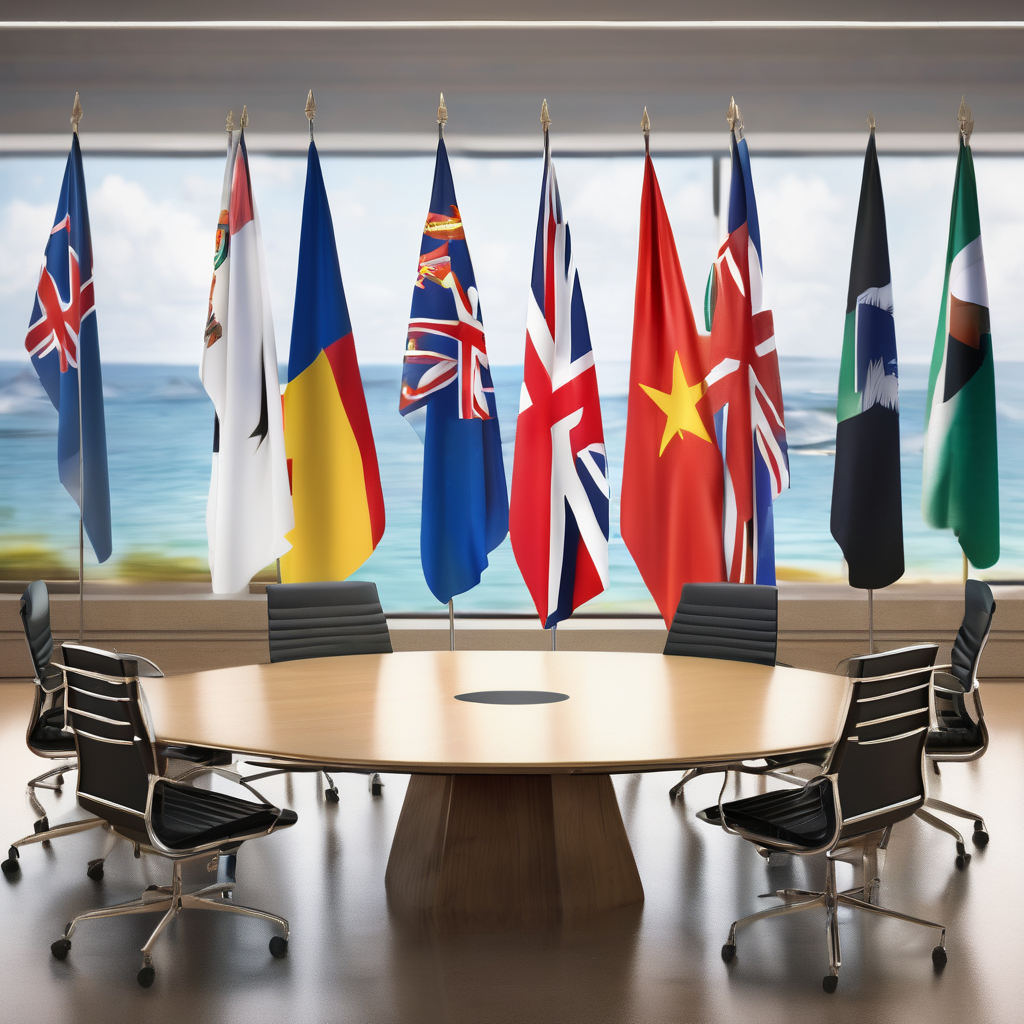Leaders from 16 Pacific Island Forum nations convened at the Pacific Public Service Leaders Conference (FONO) 2025 in Suva, aiming to enhance governance and public service delivery throughout the region. This year’s conference highlights key themes such as leadership development, workforce mobility, and the integration of technology to promote ethical practices within public service.
During the opening ceremony, Fiji’s Minister for Lands and Mineral Resources, Filimoni Vosarogo, emphasized the importance of unity in overcoming regional challenges. He noted that while individual nations may face daunting issues, collective dialogue, or *talanoa*, reinforces a shared commitment to solutions. “Recognising our shared struggles eases the burden and strengthens our resolve,” Vosarogo stated.
The conference builds on last year’s discussions in Samoa, focusing significantly on improving workforce retention and mobility among public services in the Pacific. Tania Ott, Deputy Commissioner from the New Zealand Public Service Commission, highlighted a customized framework to retain key talent and engage the Pacific diaspora for the ongoing development of their home countries. This year’s agenda includes mentoring and coaching programs for emerging and established leaders, alongside integrity and ethics training rooted in Pacific values.
Strong regional collaboration serves as a critical tool for addressing shared governance challenges, as noted by Vosarogo. This commitment from regional leaders suggests a promising approach towards building capable and future-ready public services that align with the community’s needs. Ott expressed optimism that leaders’ resolve will drive effective action, fostering accountability and sustained progress.
The conference, supported by the New Zealand-funded Public Service Whanau program, is set to conclude on Thursday and aims to pave the way for tailored support initiatives that resonate with country-specific requirements.
As discussions continue, the emphasis on collective learning and collaboration signals a hopeful future for the Pacific, where unity and shared wisdom can significantly enhance public service capacities and community resilience.
